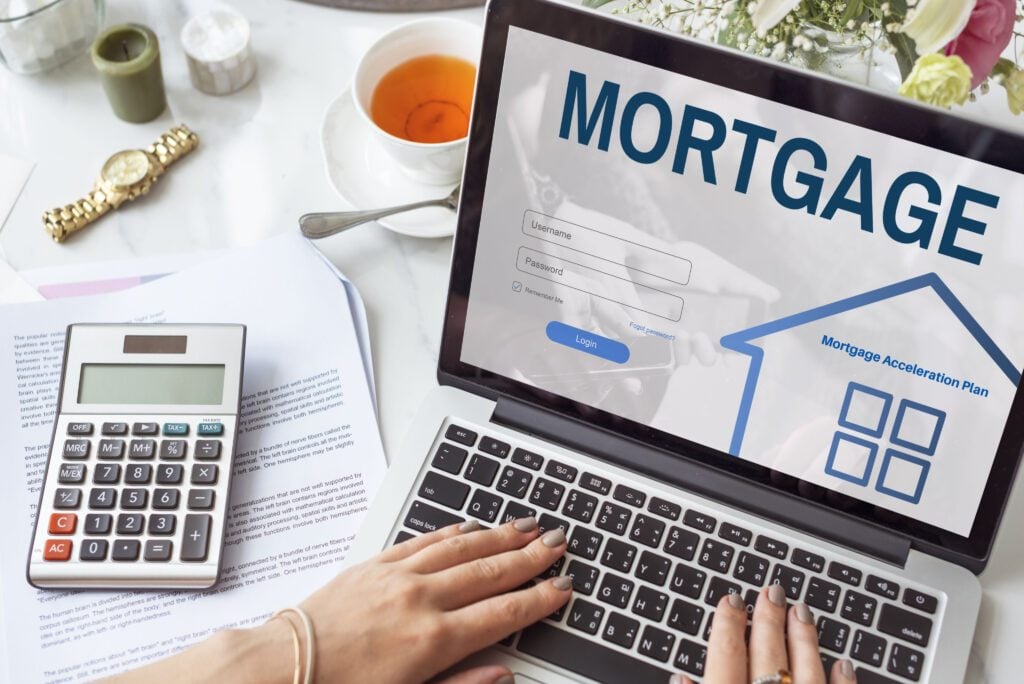People have multiple financial priorities in life. For some, it’s saving the down payment to buy a first home. Other times are saving college tuition for children, for their retirement, or untold other worthy financial goals. One that is often overlooked is the accelerated mortgage payoff.

There are many ways of doing this and doing so can save you 20, 30, 40, 50, thousand dollars or more over the life of your mortgage. For instance, you might make minimum payments for the first 5 years on a $200,000 30-year mortgage at 4.2%. Then, at the beginning of the fifth year, you start adding an extra $150 to your monthly payment. Your savings in interest costs over the remainder of the loan will be $26,093. A 17.15% savings. But there are many methods of saving interest costs and/or paying off your mortgage early. That is one of the more modest ways.
As time passes on a 30-year mortgage, the percentage of your income going towards your biggest asset will almost certainly become less. As you grow in your profession, you’ll earn more money. You will also probably have occasional financial bonanzas in the form of bonuses, large tax returns, or inheritances. Heck, you might even win $15,000 playing the lottery. The extra money from any source can be used to pay off your home earlier using one of these methods.
Regular extra annual payments. Using the same $200,000 30-year mortgage at 4.2%, you may be able to begin making an extra $2,500 annual payment after a few years. Around year 5 is when many people find their income outpacing their mortgage payments. That extra $2,500 annual payment results in paying off your loan 6 years and 11 months earlier at an interest savings of $34,449. A word of caution, keep an emergency account for unexpected financial needs.
Make 13 payments in 12 months. You could put 1/12th of a monthly payment into a special savings account (about $82 per month for a $200,000 mortgage). Or maybe you get paid every 2 weeks which results in an extra paycheck two months out of the year. Making that 13th monthly payment saves you about $26,000 of interest and cuts more than 4 years off the length of the loan.
Switch to a 15-year mortgage. No extra payments are needed. A great time to do this is if you refinance your mortgage when a better interest rate is available. You’ll save even more in interest payments and pay it off much faster. Refinance that same $200,000 ($181,130 remaining balance) mortgage at year 5. Going with a 15-year mortgage automatically shaves a full 10 years off your payments. Shorter-term loans often have a lower interest rate. If you refinance into a 3.7% loan, your interest savings will amount to about $56,140 (which doesn’t include refinance costs). A word of caution, the shorter mortgage length does lock you into higher payments each month (about $334 higher). Combine that with a few extra annual payments to achieve truly extraordinary savings.
Pay an extra principal each month. Get a copy of your amortization schedule. Each month, write a separate check for the amount due towards your principal next month. You don’t borrow the money that month, so you don’t owe the interest on it. Consistently doing this every month from the beginning effectively changes your 30-year loan into a 15-year loan. No refinancing is required.
There are many ways to pay off your mortgage early and many online mortgage calculators to show you how much you’ll save. You may want to be debt-free, or you may want to pay off the mortgage before retirement.
Still, there are other reasons not to pay off your mortgage early that you need to consider. This can become complicated because you probably write the interest off against your yearly income tax. You should also consider how much you could earn by investing the money elsewhere. This could be a good time to consult with a financial advisor about your specific circumstances. However, never take his or her suggestions at face value. Always be sure you fully understand the numbers shown to you. Including any commissions or fees, he or she makes on alternative investments.
Certainly, you have thoughts and experiences about paying off a mortgage early. Please share by leaving a comment.
Also, our weekly Ask Brian column welcomes questions from readers of all experience levels with residential real estate. Please email your questions, inquiries, or article ideas to [email protected].